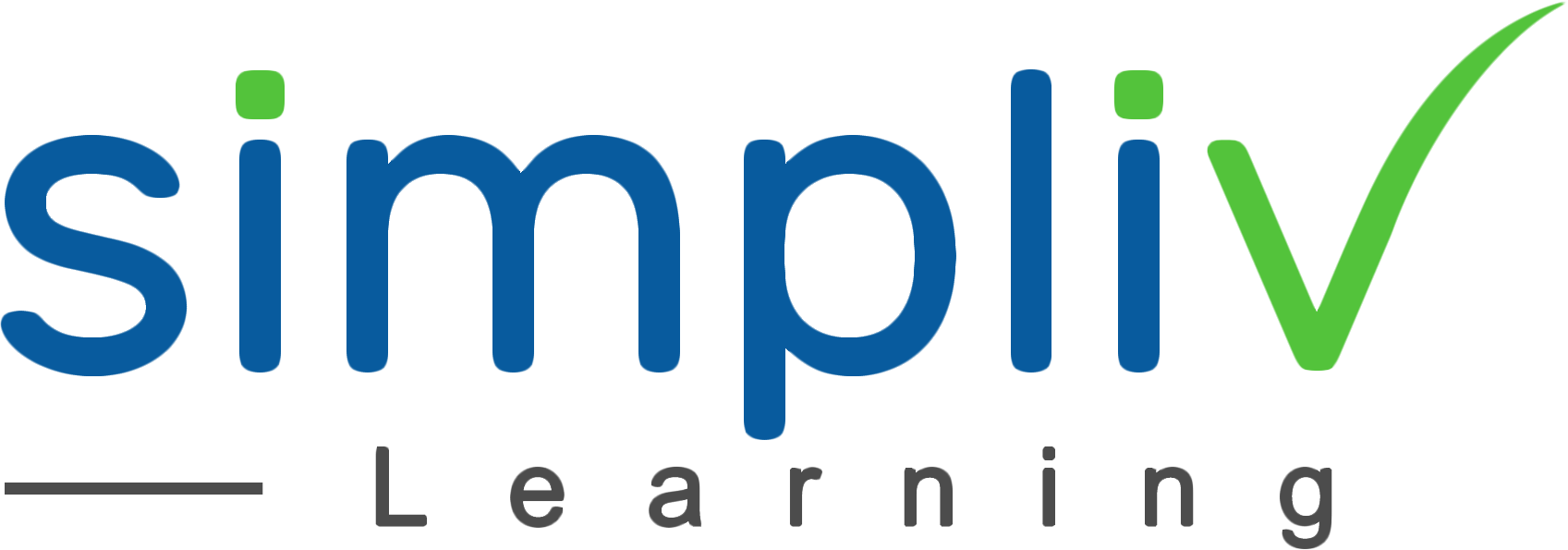Advanced Cyber Security Certification Training
This Cyber Security Advanced Course, will help you boost your journey in Cyber Security filed. This training course aim is to gain good knowledge and become a expertise in Cyber Security. The Advanced Cyber Security Certification program help you to cover all required Cyber Security concepts.
IT & Certification
24 Hours
Description
Cyber Security is a very vast subject where we are covering one type of Cyber security here. i.e : Offensive Cyber Security which means Ethical Hacking. Ethical hacking is a very important issue in today's situation, helping individuals and organizations adopt secure practices and use IT infrastructure. This course starts with basic topics such as networking, network security, and encryption, and discusses various attacks and vulnerabilities and how to protect them. There are hands-on demonstrations that will be useful to the participants. Participants are encouraged to try and reproduce the demonstration experiments described as part of the course.
Course Objectives
The educational objectives of the program are:
To prepare students with the technical knowledge and skills needed to protect and defend computer systems and networks.
To develop graduates that can plan, implement, and monitor cyber security mechanisms to help ensure the protection of information technology assets.
To develop graduates that can identify, analyze, and remediate computer security breaches.
Target Audience
Computer Science and Engineering / Information Technology / Electronics and Communication / Electrical Engineering / Any one who wants to create the career in side Cyber Security
Basic Understanding
Basic concepts in programming and networking
Course Content
No sessions available.
Coupons
Live Support
Call
+510-849-6155
Mail to
support@simplivlearning.com
